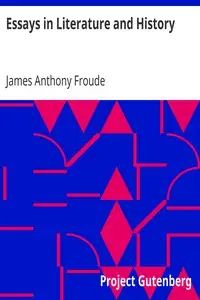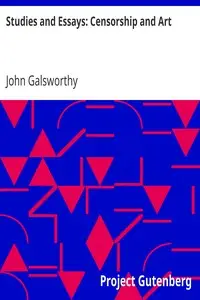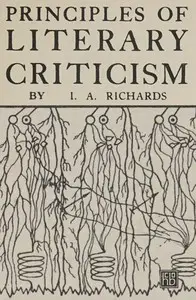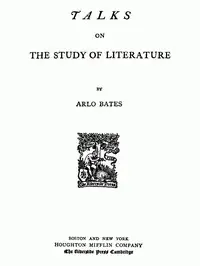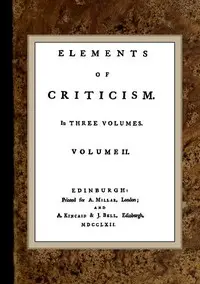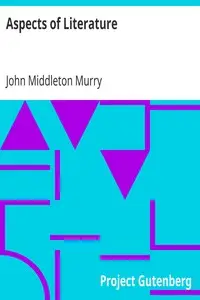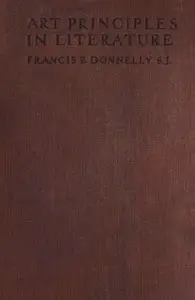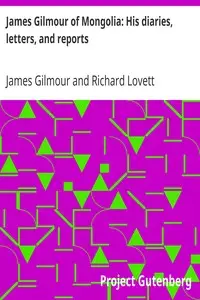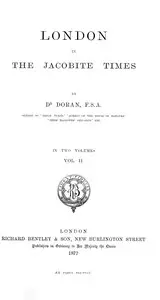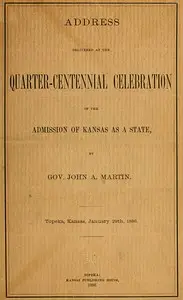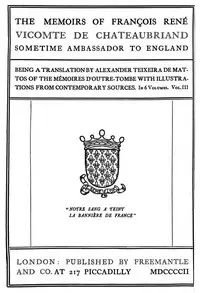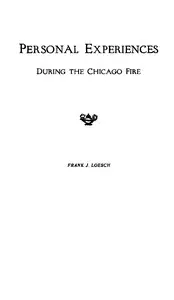"The Literary Discipline" by John Erskine is a collection of essays that studies the rules and importance of literature as a form of art. Throughout the work, the author discusses important ideas like being appropriate, being original, and how we understand people's lives through what is written. He mentions famous writers and ideas from both the past and present. The goal is to emphasize that literature is a way to think deeply, not just a way to record what happens in life. The book starts by explaining the author's goal to figure out what is considered right and wrong in literature, especially with current arguments about censorship and morals. Erskine points out that there are people who want to ban things they think are wrong and writers who don't want any rules at all. He argues that we need a good understanding of what is appropriate in literature and asks writers to share what they think is proper. According to him, true appropriateness in art comes from respecting the way we communicate using words, not just from feelings. This introduction begins a discussion about how literature can explore difficult parts of life while still being honest and true to its art form.
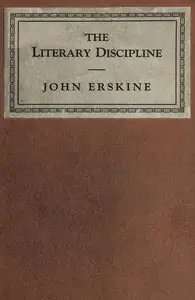
The Literary Discipline
By John Erskine
Explore the early 20th century's take on appropriate literature and censorship, pushing writers to define a more nuanced decorum beyond just emotional reaction.
Genres
Released
2020-08-21
Formats
mobi
epub (images)
epub
mobi (images)
epub3 (images)
txt
Free Download
Summary
About the AuthorJohn Erskine was an American educator and author, pianist and composer. He was an English professor at Amherst College from 1903 to 1909, followed by Columbia University from 1909 to 1937. He was the first president of the Juilliard School of Music. During his tenure at Columbia University he formulated the General Honors Course—responsible for inspiring the influential Great Books movement. He published over 100 books, novels, criticism, and essays including his most important essay, The Moral Obligation to Be Intelligent (1915).
John Erskine was an American educator and author, pianist and composer. He was an English professor at Amherst College from 1903 to 1909, followed by Columbia University from 1909 to 1937. He was the first president of the Juilliard School of Music. During his tenure at Columbia University he formulated the General Honors Course—responsible for inspiring the influential Great Books movement. He published over 100 books, novels, criticism, and essays including his most important essay, The Moral Obligation to Be Intelligent (1915).
Total Reviews
10.0k
Total reviews from Goodreads may change

